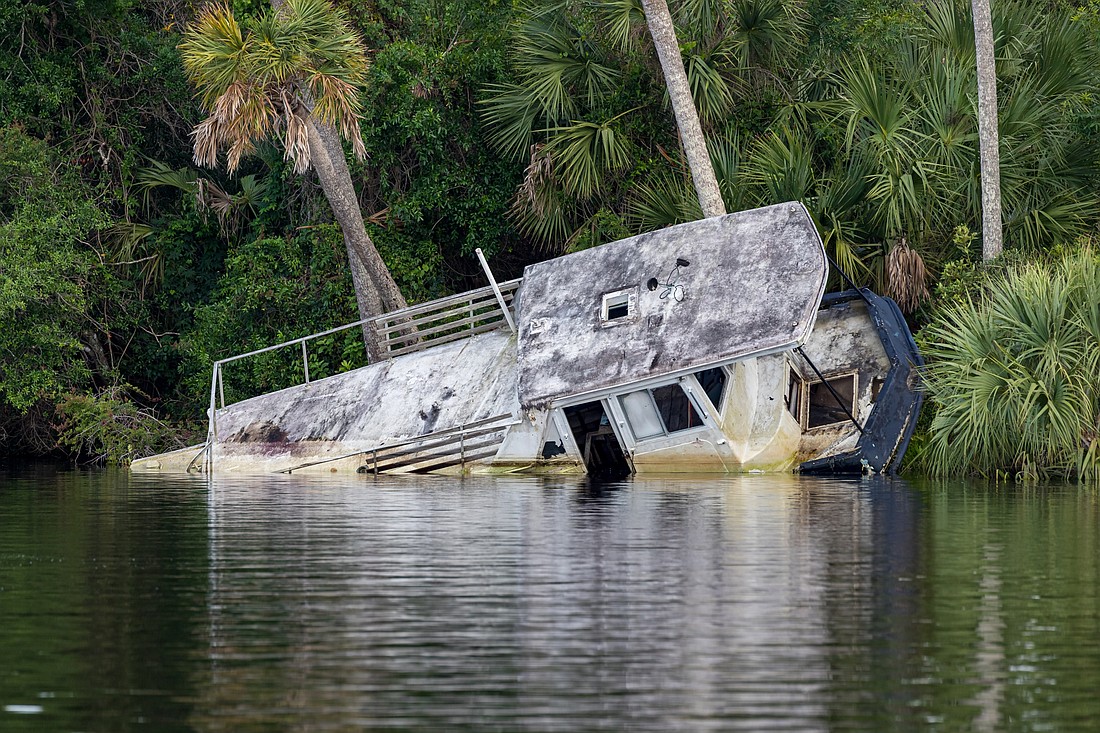- December 15, 2025
-
-
Loading

Loading

There are myriad reasons why Florida faces a property insurance meltdown. Some are historical, some are situational. But the bottom line is this: Florida’s property owners are in trouble, as long-developing problems have led to rate hikes while coverage, and availability, shrink and concerns linger about how the system will do after a storm.
As the number of carriers raise prices or stop writing policies grows, more pressure is put on Citizens Property Insurance Group, created 20 years ago as the last resort for property owners unable to secure coverage from private companies. Florida’s Legislature tackled the issue during a special session in May with a reform package that, according to those who follow the issue, was considered at best a good start.